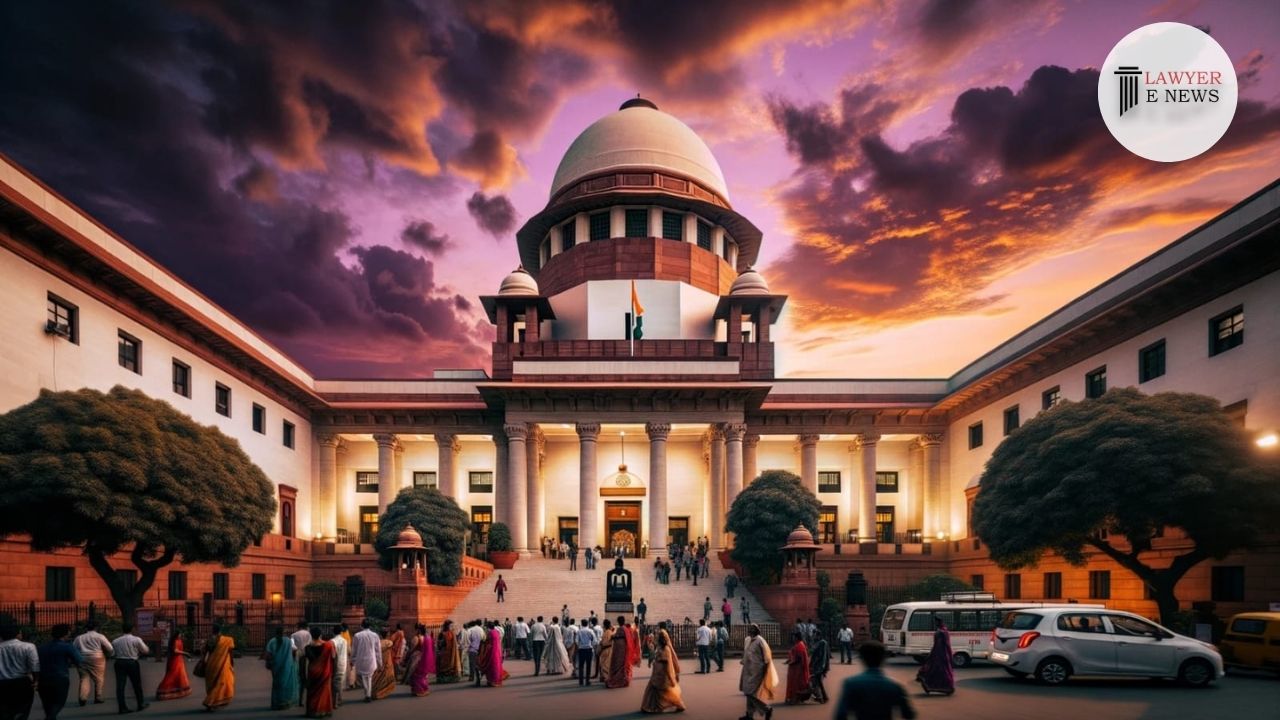-
by Admin
15 February 2026 5:01 PM



The Supreme Court of India reaffirmed the enduring jurisdiction of Special Courts to try offences under the Insolvency and Bankruptcy Code, 2016 (IBC), independent of subsequent amendments to the Companies Act. This clarification came through a judgment delivered on April 19, 2024, overturning a prior decision of the Bombay High Court.
The case emerged from the Bombay High Court's decision dated February 14, 2022, which had quashed proceedings against Satyanarayan Bankatlal Malu and others. These proceedings were initiated under the IBC due to non-compliance with a One-Time Settlement with Allahabad Bank, arguing that after the Companies (Amendment) Act, 2017, a Sessions Judge's Special Court lacked the requisite jurisdiction.
The apex court pointed out that Section 236(1) of the IBC specifies that offences under the Code are to be adjudicated by the Special Courts as defined in Chapter XXVIII of the Companies Act, 2013. The Court interpreted this provision as a case of "legislation by incorporation" which means that the role of Special Courts defined at the time of the Code's enactment remains unaffected by subsequent changes to the Companies Act.
It was noted that had there been an intention to align the IBC's provisions concerning Special Courts with amendments to the Companies Act, explicit amendments to Section 236 of the IBC would have been necessary. The absence of such amendments preserves the jurisdiction as originally established.
The Supreme Court corrected the High Court's misinterpretation regarding the impact of the Companies (Amendment) Act, 2017 on the jurisdiction of Special Courts. The judgment underscored that the original jurisdictional mandate given to Special Courts under the IBC continues to stand.
The Supreme Court allowed the appeal, setting aside the High Court's judgment, and reaffirmed that Special Courts as constituted at the time of the IBC's enactment have jurisdiction over IBC offences. The matter was sent back to the High Court to evaluate the original petition based on its merits.
Date of Decision: April 19, 2024.
Insolvency And Bankruptcy Board Of India v. Satyanarayan Bankatlal Malu & Ors.
